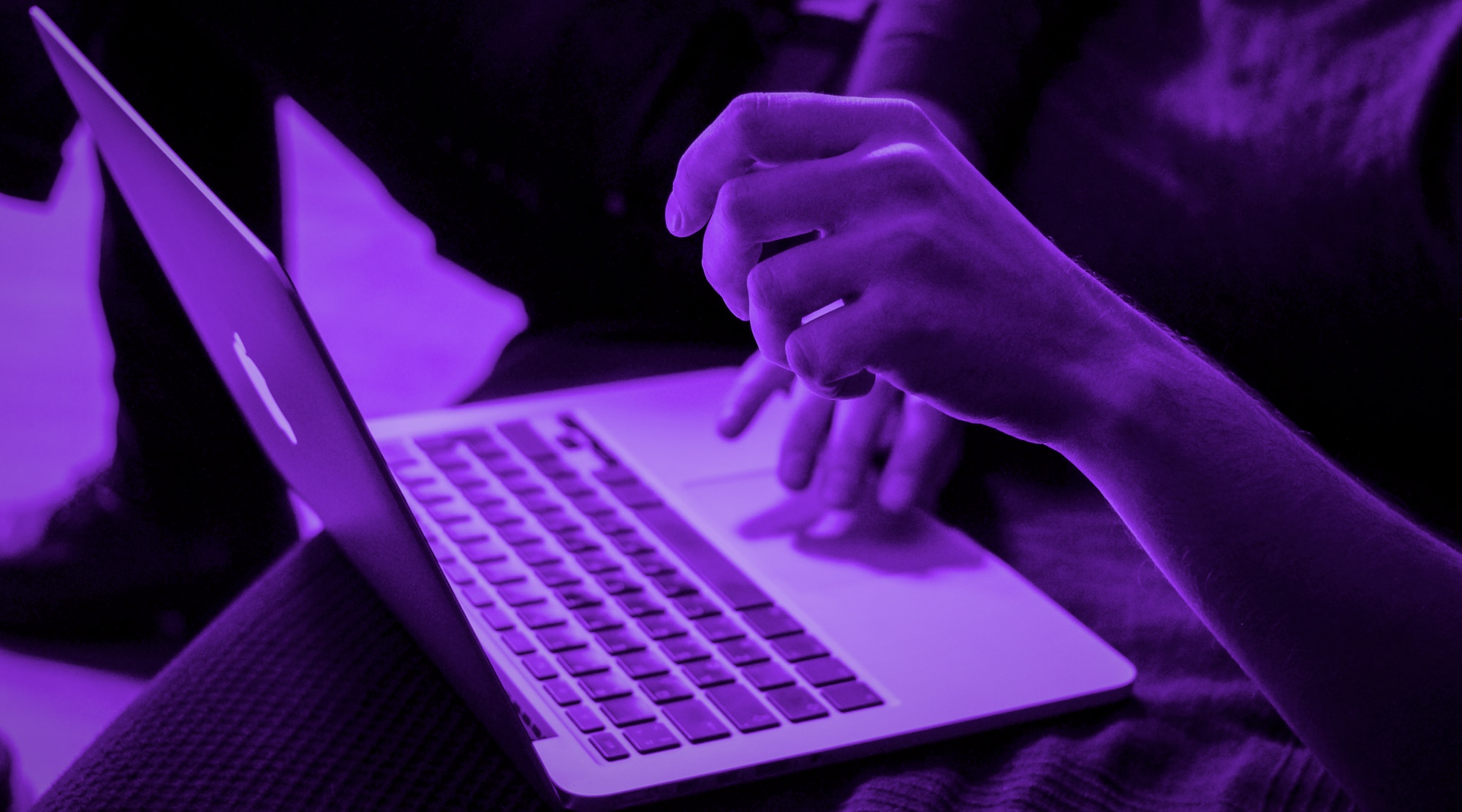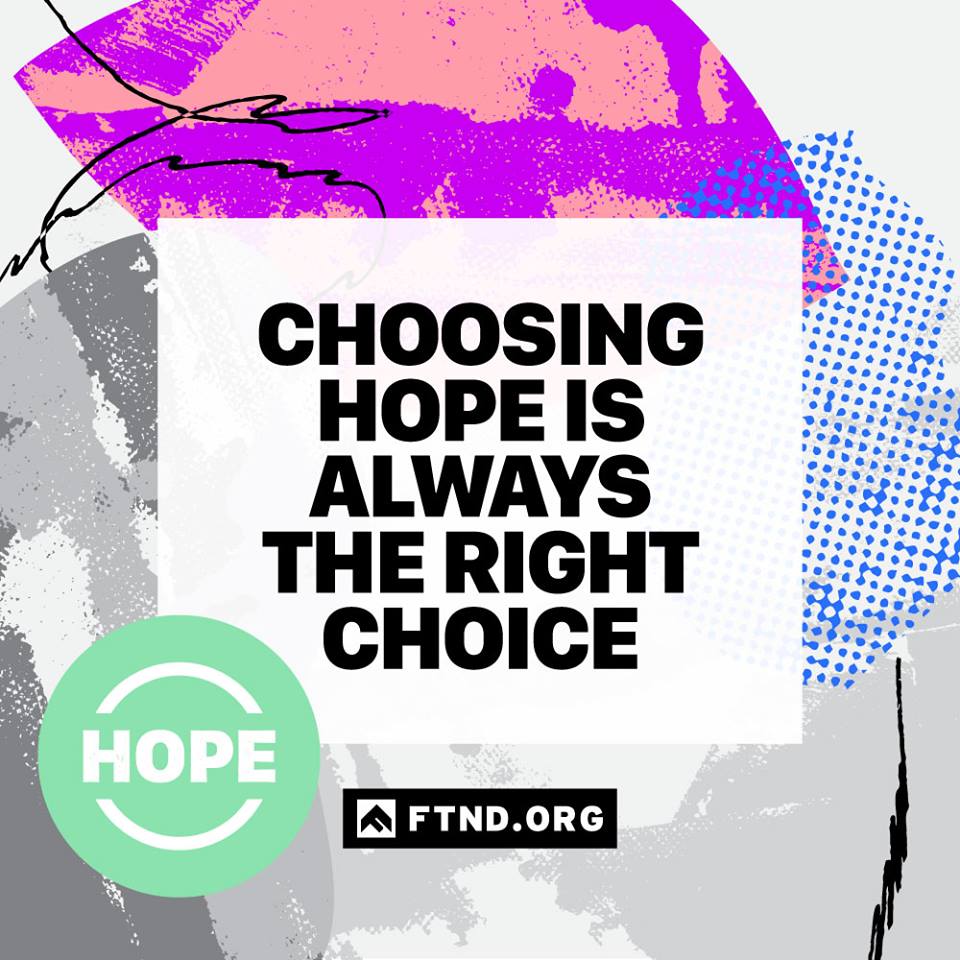Cover photo by Sergey Zolkin. 6 minute read.
Have you noticed how “addiction” has become a controversial word in our culture?
Even in the scientific community, researchers aren’t always in agreement about how exactly to tell when something is an addiction. (We’ll have a lot more to say about those controversies later.) However, it’s important to recognize that porn is nearly universally accepted in the academic world as being a compulsive sexual behavior, with more and more evidence backing the fact that it affects the brain in a similar way to drugs.
We don’t claim to be able to diagnose anybody on whether or not they are obsessed with, compulsively consuming, or addicted to porn. However, compulsive consumption is, without question, a growing problem in our society, and more and more evidence is emerging about the addictive nature of pornography.
One of these already-proven findings is that frequent porn use rewires a consumer’s brain and areas of the brain that are involved in processing reward and motivation and in craving and anticipating rewards. This is bad news for those who find themselves viewing porn and not being able to quit, even when they want to stop more than anything.
Not everyone who watches porn is an addict
It’s important to remember that not everyone who watches pornography will become immediately enslaved for life.
Parents sometimes worry their child will become an addict after just a few exposures. Too often, as fear and shame enter the parent-child relationship, it can make the problem worse by creating distance and isolation and complicating feelings that already exist. While we have always made it our mission to educate on the harmful effects of pornography, we have also maintained that those who fall into porn are not “bad” people.
The desire to watch porn arises, in part, from simply being a sexual human being. Science and research are revealing the harms of viewing pornography. However, this doesn’t mean it will automatically ruin lives. Nor will it turn every viewer into a hopeless porn junkie.
How do I know if I’m an addict?
We created five questions that any porn consumer could ask themself. Even if you feel like porn isn’t an addiction for you, it can still cause you to have unhealthy views of people, love, and relationships.
Think about the questions below as you think about your own situation—or others you know:
- Is your porn consumption escalating or feeling out of control?
When porn addicts look at porn, they find themselves progressively looking for more images, more often, and more hardcore material. If you find yourself in the process of viewing something arousing, then becoming bored and moving on to something else again, again, and again, then that is a sign that your porn consumption is escalating. If you find yourself looking at harder material than when you first started, this is also a sign. - Do you have trouble controlling the amount of time you spend looking at porn?
When you look at porn, do you end up viewing it for much longer than you originally intended? Individuals addicted to pornography find it challenging to control their urges to view it. As a result, they often spend significant amounts of time consumed by it. If watching porn makes you late for school, work, or other activities, this is a big sign of growing compulsion. - Do you think about watching porn even when you’re not looking at it?
The definition of compulsion is that you find yourself preoccupied with something that you feel you must do. In most cases, depression or anxiety sets in if people do not satisfy these compulsions. Pornography is a memory-based drug and can be almost impossible to get out of your mind completely. Individuals addicted to pornography might frequently dwell on when they last watched it. Additionally, they may obsess over how they will access it in the future. - Do you feel guilt, shame, remorse, cloudiness, anxiety, or depression after looking at porn?
Be in tune with yourself and follow your vibes. If you experience any of the above negative feelings after viewing porn, it’s a strong indication you sense a problem. You likely know it is not healthy behavior. Positive activities are almost always reinforced with positive feelings. If porn leaves you feeling down yet you keep using it, consider making a change. - Have you promised yourself or others that you’ll never look at porn again, only to keep watching?
If you’ve ever told yourself you were done watching porn and promised never to look at it again, only to end up viewing it just a short while later down the road, then you might have a compulsive/addictive pattern on your hands. Addicts have a hard time keeping promises of sobriety to others, but especially to themselves. If you have told yourself or others, “I could stop if I wanted to,” but quickly found out otherwise, it might be time to get help.
We’re raising these questions to help contribute to a thoughtful conversation about addiction. Because we know so much about the harms of pornography, it’s easy to become overwhelmed by fear and shame when discussing the issue. As we’ve been saying, this can make it really difficult for people trying to break free from pornography.
We’re not implying that everyone who watches porn will inevitably experience depression. Nor are we suggesting they will automatically neglect their relationships. Many people who are trying to break free from pornography still do everything they can to take care of loved ones and live productive lives. Understanding the detrimental effects of pornography on the brain, relationships, and society is the initial stage. The subsequent step involves making a personal decision on the matter.
Need help?
For those reading this who feel they are struggling with pornography, you are not alone. Check out Fortify, a science-based recovery platform dedicated to helping you find lasting freedom from pornography. Fortify now offers a free experience for both teens and adults. Connect with others, learn about your unwanted porn habit, and track your recovery journey. There is hope—sign up today.
Fight the New Drug may receive financial support from purchases made using affiliate links.
Your Support Matters Now More Than Ever
Most kids today are exposed to porn by the age of 12. By the time they’re teenagers, 75% of boys and 70% of girls have already viewed itRobb, M.B., & Mann, S. (2023). Teens and pornography. San Francisco, CA: Common Sense.Copy —often before they’ve had a single healthy conversation about it.
Even more concerning: over half of boys and nearly 40% of girls believe porn is a realistic depiction of sexMartellozzo, E., Monaghan, A., Adler, J. R., Davidson, J., Leyva, R., & Horvath, M. A. H. (2016). “I wasn’t sure it was normal to watch it”: A quantitative and qualitative examination of the impact of online pornography on the values, attitudes, beliefs and behaviours of children and young people. Middlesex University, NSPCC, & Office of the Children’s Commissioner.Copy . And among teens who have seen porn, more than 79% of teens use it to learn how to have sexRobb, M.B., & Mann, S. (2023). Teens and pornography. San Francisco, CA: Common Sense.Copy . That means millions of young people are getting sex ed from violent, degrading content, which becomes their baseline understanding of intimacy. Out of the most popular porn, 33%-88% of videos contain physical aggression and nonconsensual violence-related themesFritz, N., Malic, V., Paul, B., & Zhou, Y. (2020). A descriptive analysis of the types, targets, and relative frequency of aggression in mainstream pornography. Archives of Sexual Behavior, 49(8), 3041-3053. doi:10.1007/s10508-020-01773-0Copy Bridges et al., 2010, “Aggression and Sexual Behavior in Best-Selling Pornography Videos: A Content Analysis,” Violence Against Women.Copy .
From increasing rates of loneliness, depression, and self-doubt, to distorted views of sex, reduced relationship satisfaction, and riskier sexual behavior among teens, porn is impacting individuals, relationships, and society worldwideFight the New Drug. (2024, May). Get the Facts (Series of web articles). Fight the New Drug.Copy .
This is why Fight the New Drug exists—but we can’t do it without you.
Your donation directly fuels the creation of new educational resources, including our awareness-raising videos, podcasts, research-driven articles, engaging school presentations, and digital tools that reach youth where they are: online and in school. It equips individuals, parents, educators, and youth with trustworthy resources to start the conversation.
Will you join us? We’re grateful for whatever you can give—but a recurring donation makes the biggest difference. Every dollar directly supports our vital work, and every individual we reach decreases sexual exploitation. Let’s fight for real love:



